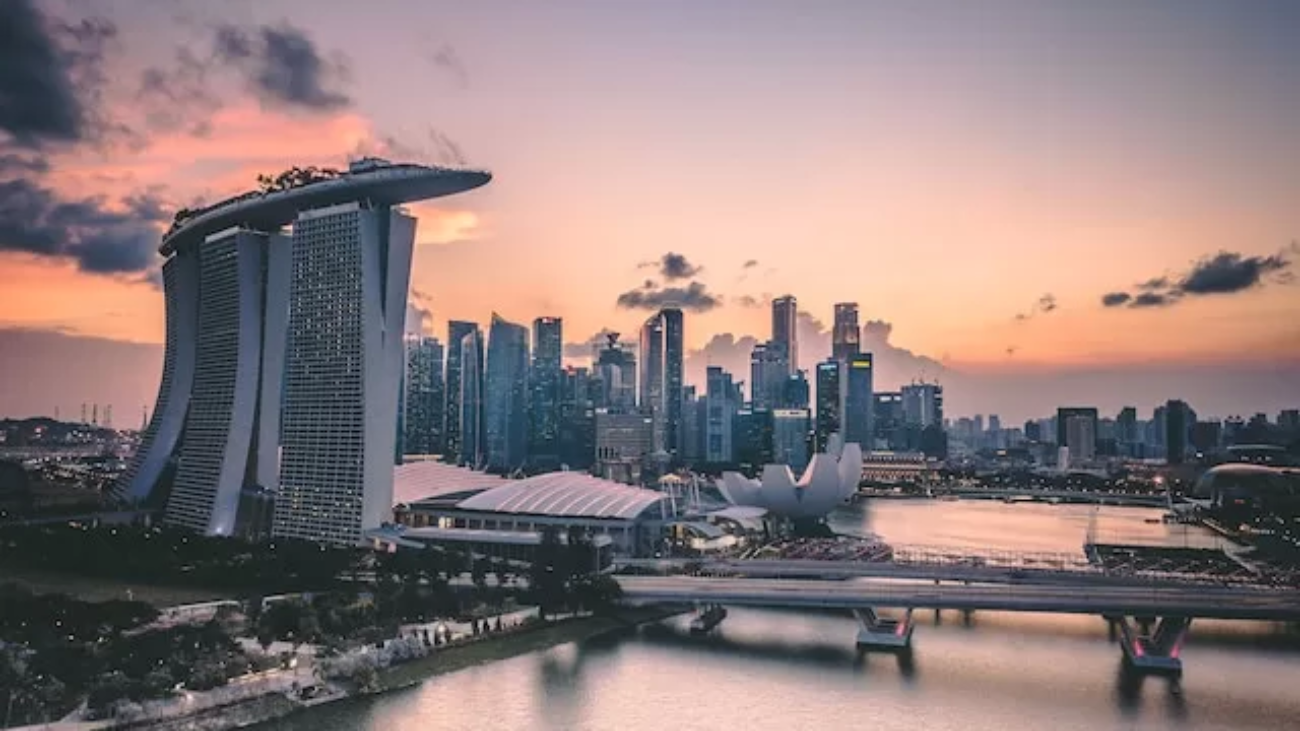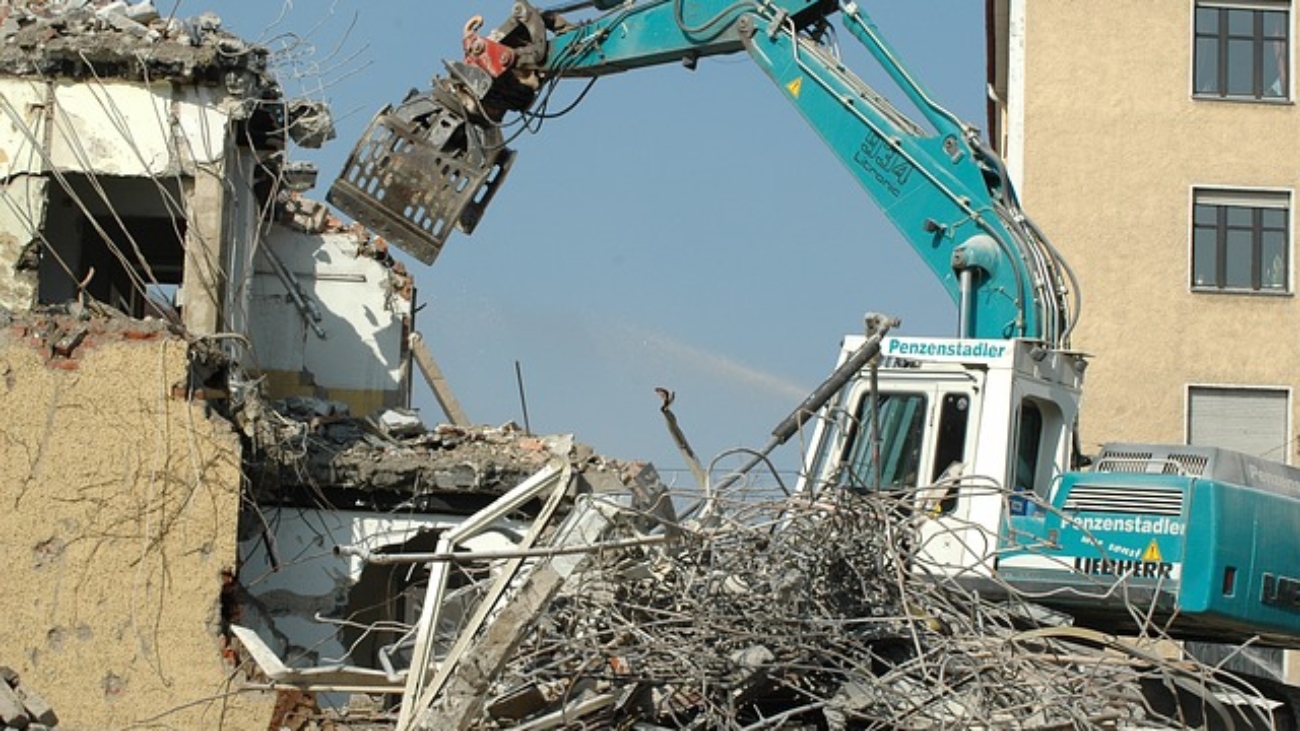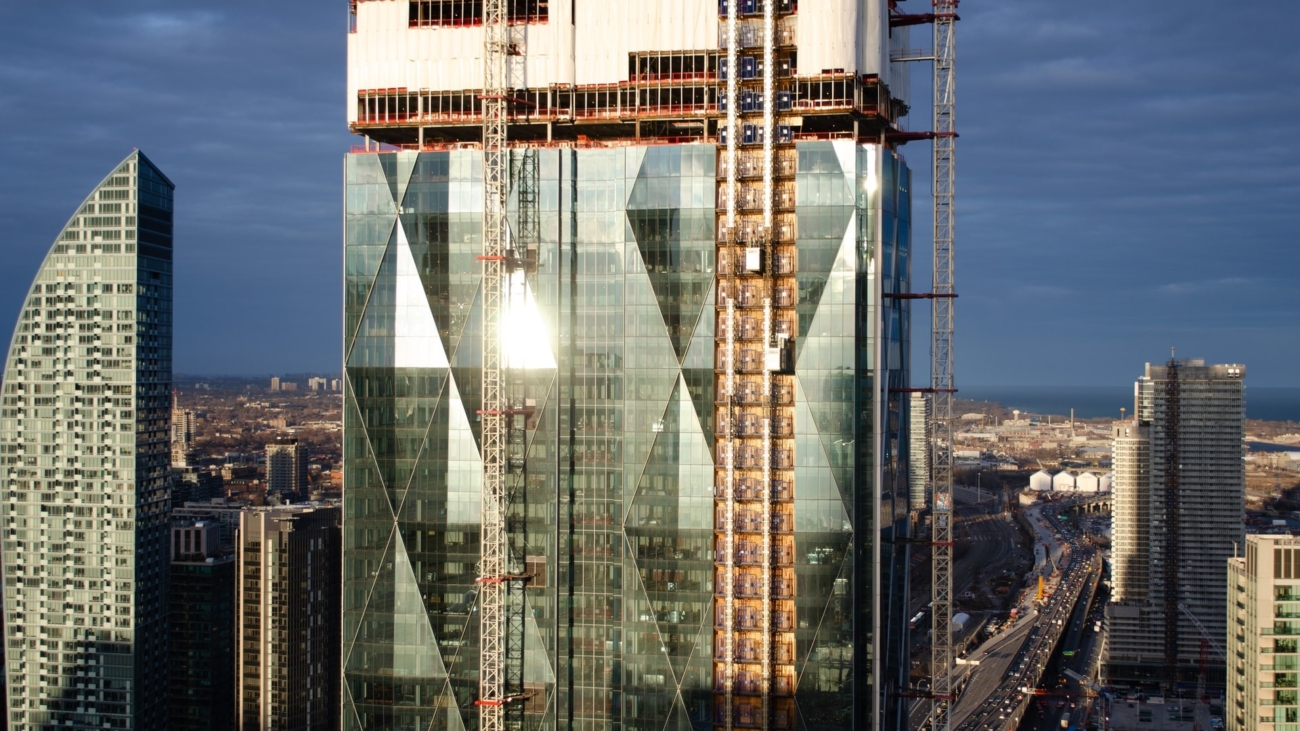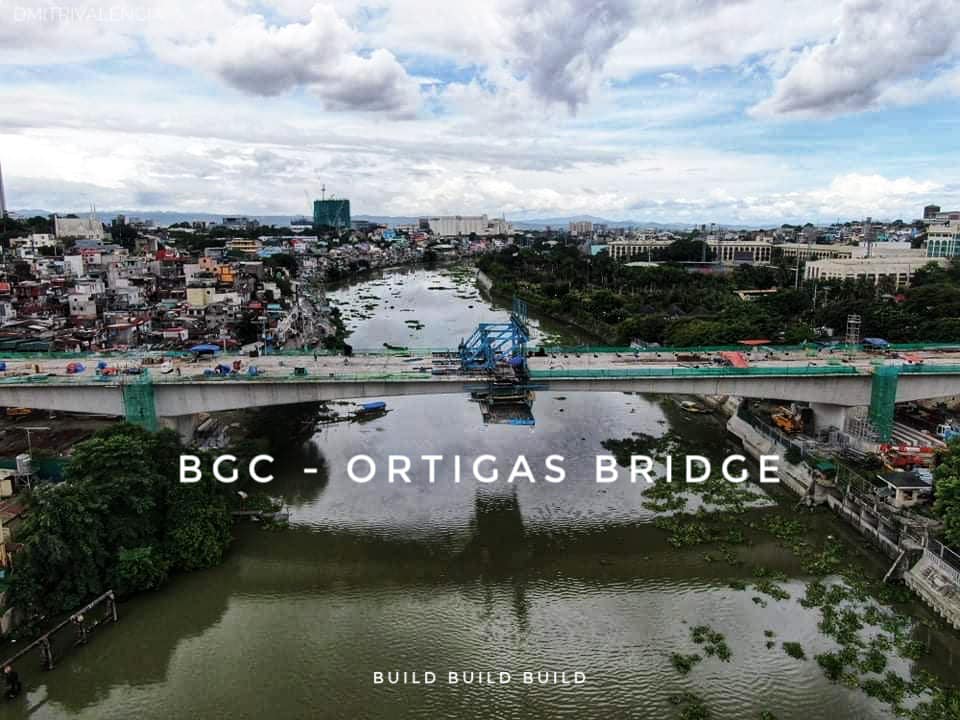While it has faced economic difficulties recently, the Philippines is receiving growing attention in the international investment community. The country was recently named a Next Eleven (N-11) economy by Goldman Sachs – a group of countries with the economic potential to rival current G7 nations. And the recent surge in foreign direct investments (FDI) within the Philippines, which rose from PHP36.49 billion in 2020 to PHP133.4 billion in 2021, is indicative of that potential.
Consequently, amid the renewed investment attention in the Philippines, it’s worth noting important considerations foreign investors should bear in mind as they explore opportunities within the country.
1. Investment regulatory and promotion bodies
The Philippines has several regulatory agencies responsible for regulating and promoting foreign investments within the country. Therefore, knowing these bodies and their sphere of operation will be vital to understanding the investment process in the country and the appropriate steps to take. Regulatory bodies in the Philippines include the Bangko Sentral ng Pilipinas (BSP), the country’s Central Bank, and the Bureau of Internal Revenue, tasked with taxing the proceeds of investment activity within the country.
The country also has several investment promotion authorities, whose responsibility includes designing and executing measures to attract and enable foreign investments in the Philippines. The principal organizations are the Philippine Economic Zone Authority and the Philippine Board of Investments.
Other regulatory and investment promotion bodies in the Philippines include the National Economic Development Authority, the Philippines Securities and Exchange Commission (SEC), and the Bureau of Immigration.
2. Regulation of foreign investments
The next important point to note is that, while the Philippines actively welcomes investment from foreign nationals, not all sectors within the country are open to FDI. Some sectors are available only to Filipinos, while investment in others is subject to specified limits. For example, retail trade with paid-up capital less than PHP25 million is reserved for only Philippine nationals.
Generally, the Philippines Foreign Investment Act of 1991 specifies how foreign nationals may participate in the country’s economy and to what extent. The Act stipulates a Foreign Investment Negative List, which states businesses in which foreign nationals may not participate at all or in which they can contribute up to 40% equity. This list is required by law to be updated every two years, and pursuant to this, the President of the Philippines recently signed Executive Order 175 on 27 June 2022, updating the list.
3. Regulatory transparency in the Philippines
As is clear from the above, business investments in the Philippines may not always be straightforward, mainly due to the extensive Negative List. To relieve potential complexity in the applicable regulations, the Filipino government has implemented measures for increased transparency and visibility of the law.
For instance, all proposed laws and regulations in the country must be published online and in newspapers/the official gazette before being finalized. Likewise, draft laws must be available for public comment and review. And where the public requires further information about the laws or government activities, anyone may submit a Freedom of Information (FOI) request, with certain exceptions. You’ll see draft laws published on the Philippines government’s official website, while FOI requests may be submitted through the FOI website.
4. Applicable business structures
After determining your preferred investment opportunity, it would be necessary to consider the type of business structure that best fits the circumstance. There are various business structures to choose from, including a domestic corporation, branch office, representative office, or regional operating headquarters. The SEC registers and supervises all business structures within the country.
In deciding amongst the available business structures, it’s essential to consider the scope of intended operations, capital requirements, and potential tax liability. For instance, a domestic corporation or branch office may be better for investors looking to carry on full business operations in the Philippines. Likewise, a branch office can be more tax-efficient than a domestic corporation, as it is taxed strictly on its Philippine-sourced income.
5. Taxation of investments and income
Speaking about taxation, learning the applicable tax rates and obligations within the country should be a top priority. Until recently, the Philippines charged a 30% corporate income tax rate – the highest of all ten Association of Southeast Asian Nations (ASEAN) tax rates.
However, to attract more foreign investments, the government passed the Corporate Recovery and Tax Incentives for Enterprises (CREATE) Act which introduced welcome tax reforms. Under the CREATE Act, the government has now reduced the corporate income tax rate to 25% for large companies and 20% for small and medium companies. The country also reduced the minimum corporate income tax rate to 1% from 2%. Although, Valued-Added Tax (VAT) on the consumption of goods and services continues to be charged at a 12% rate
6. Incentives for business investments
Certain companies may qualify for tax incentives if their business falls within activities sanctioned under the Philippines government’s Investment Priorities Plan (IPP). The IPP is an annually-released document detailing economic activities and sectors the government has targeted for fiscal incentives. The purpose is to encourage investment and business activities within those sectors to stimulate growth. Any company operating within the sectors listed under the IPP may apply to an Investment Promotion Agency to seek and obtain the relevant incentives.
Additionally, the CREATE Act has instituted a new incentive system that rewards long-term investments in advanced sectors and developing areas. For example, companies in advanced industries or less developed regions may obtain incentive periods of up to 17 years.
7. Ease of doing business
In recent years, the Philippines has begun to cultivate a business and regulatory environment conducive to business. In line with this commitment, the government passed the Ease of Doing Business and Efficient Government Service Delivery Act of 2018. In addition, the Act amended the Anti-Red Tape Authority (ARTA) Act which empowers the ARTA to enforce standardized government processes, a one-stop shop, and online processing of licenses and approvals.
The government’s efforts are already paying dividends. Since these enactments, the Philippines’ ranking in the Ease of Doing Business Index has significantly improved – shooting the country up by 29 notches from 124 to 90.
8. Legal investment opportunities
For investors unsure about the legality or otherwise of specified investment opportunities, the Philippines SEC provides important advisory information worth noting. From time to time, the SEC publishes on its website advisories regarding specific investments, informing the public about those investments’ legal and registration status.
You may access the SEC’s advisory page here. The page also includes historical information relating to advisories issued on prior investments in past years. In addition, you can view advisories issued as far back as 2011 on the platform.
9. Potential for cryptocurrency dealings
Lastly, investors interested in pursuing potential cryptocurrency investments would be interested to note that the Philippines government provides some regulation in this sector. Owning and trading in cryptocurrency is legal in the Philippines, although crypto coins are not considered legal tender in the country. Under the 2021 Guidelines for Virtual Asset Service Providers (VASPs) released by the BSP, crypto exchanges and other virtual asset providers must adhere to regulatory requirements designed to protect investors. Additionally, the BSP maintains a list of registered cryptocurrency exchange platforms licensed to operate. You may access the list here.










